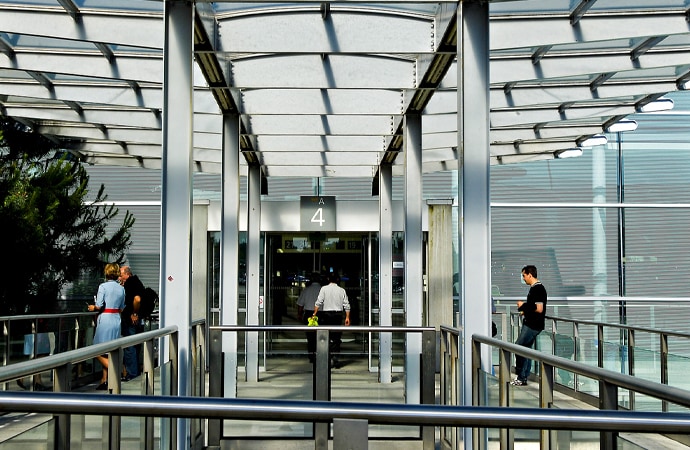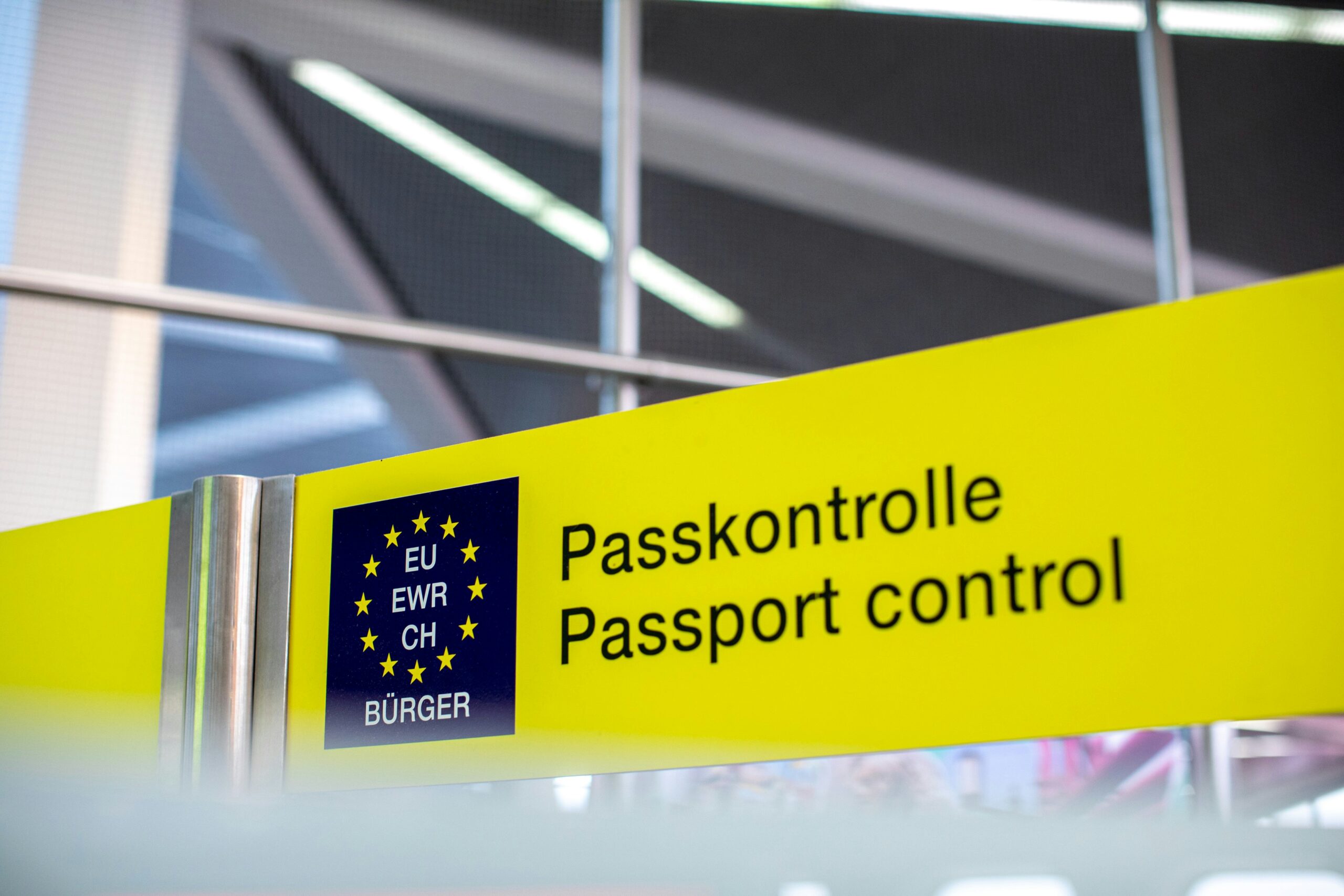France Bans Short Domestic Flights in Favor of High-Speed Rail
The controversial plans are part of the European country's wider aim to drastically reduce carbon emissions by 2030
by Lauren Smith
December 8, 2022

Photo: High speed rail in France. Courtesy of Voyageur8 / Shutterstock
Travelers will no longer be able to fly between Paris’s Orly Airport and Nantes, Lyon, or Bordeaux, as the European Commission approves France’s plans to ban short-haul flights to curb carbon emissions.
Last year, French lawmakers voted to ban short domestic flights, part of a broader climate bill intended to slash carbon emissions by 40% from levels in 1990 by 2030.
However, the measure needed approval from the European Union. It had also faced strong opposition from the Union des Aéroports Français (the French Airports Association) and the European branch of the Airports Council International.
Bordeaux-Mérignac Airport (BOD) said that axing a route to Paris-Orly (ORY) would reduce its turnover by 16% and harm the region’s economy. But following an “in-depth” review of the laws, the European Commission has approved the bans, albeit with restrictions.

Departures floor, Hall A, Bordeaux-Mérignac Airport (BOD) / Photo: Courtesy of Bordeaux-Mérignac Airport
France may prohibit commercial flight routes where the same journey can be made in less than two-and-a-half hours by train, and several direct rail connections are available throughout the day, according to the European Commission.
France initially intended to ban eight flight routes. Instead, the EC approved the axing of just three: Paris-Orly and Nantes (NTE), Lyon (LYS), and Bordeaux.
Three more routes—between Paris Charles de Gaulle (CDG) to Lyon and Rennes (RNS) and between Lyon and Marseilles (MRS)—were not approved because travelers trying to reach the airports in Paris and Lyon don’t have train routes available early in the morning or late at night. If train timetables are changed, those routes may also be added to the ban.
Two other proposed bans—of routes from CDG to Bordeaux and Nantes— were excluded from the ban because the journeys take slightly longer than 2.5 hours on high-speed rail.
“Future improvements in the rail services, with services operating at sufficient frequencies and suitable timings, in particular, to connect flights, will enable these air routes to be banned,” the European Commission said in its ruling.
The European Commission has also specified that the bans must be re-examined after three years. However, they said the bans would also apply to connecting flights, which the original law had exempted.
EU legislation permits member states to limit or ban air routes “if other modes of transport provide a satisfactory service.” However, the restrictions must not be “discriminatory” or “more restrictive than necessary” and must not “distort competition between airlines.”
French Transport Minister Clément Beaune said, “This is a major step forward, and I am proud that France is a pioneer in this area.” Climate advocates welcomed the bans but called for more decisive action against domestic flights.

Minister of State for European Affairs, France, Clément Beaune / Photo: Alexandros Michailidis/Shutterstock
“The French ban on short-haul flights where quick train connections exist is a baby step, but it’s one in the right direction,” said Thomas Gelin, Greenpeace’s EU climate campaigner.
Karima Delli, French Member of the European Parliament (MEP) from the Green Party, said the bans are a “victory” but argued that domestic flights with rail alternatives of up to four hours should also be included.
France also wants to restrict the number of private jets flying within the country. It currently sees the highest number of private jet flights within Europe, particularly between Paris and the French Riviera. It won’t outright ban private jets but could impose high taxes and restrictions and force companies to be more transparent about using their corporate jets.




